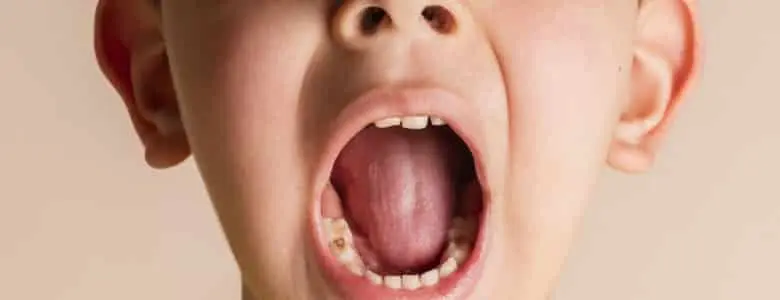Submit Request ...
-
Forums
Restoration of dental cavities without the need for dental drills

A sophomore at the University of Toronto School of Dentistry is exploring a way to repair cavities without the need for drills, which are commonly used to eliminate tooth decay. He developed a low-viscosity resin with antimicrobial properties that could repair primary decay lesions.
A low-viscosity resin is currently available that acts as a barrier to prevent further damage when applied to the tooth surface, but it has no antimicrobial properties. Therefore, Desai hopes to use drug-containing nanoparticles to exert antimicrobial properties on this resin.
These nanoparticles are designed to withstand high drug loads and are able to gradually release the drug over a long period of time to maintain an antimicrobial effect for a long time. The result is a reduction in secondary caries around the restored tooth.
"Essentially, this resin penetrates the tooth and forms a barrier that protects the tooth from the mineralization of acids produced by caries-causing bacteria," says Desai. In addition, the drug containing nanoparticles in the resin kills bacteria and protects the tooth against bacteria and bacterial enzymes.

Desai, an international student from India, says he preferred to pursue his doctorate at the School of Dentistry because it gave him the opportunity to combine two degrees. He also holds degrees from Nair College of Dentistry in Mumbai, the University of California and the University of Louisville.
"I came to the University of Toronto to look at less invasive ways to get rid of tooth decay," he says. This is especially important in children, as fillings often need to be replaced years later. "Finding a different solution has the potential to prevent multiple teeth from being repaired."
He added that he hopes his research will help reduce people's anxiety about dental treatment. "There is a lot of fear of going to the dentist to have cavities removed, especially for young children," says Desai. I hope this research will help address the need for this method and a more positive experience for patients of all ages.
Please let us know what you think!